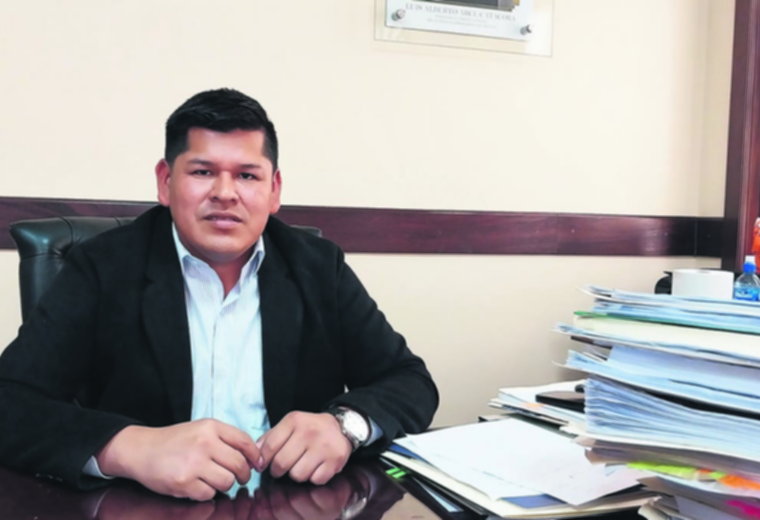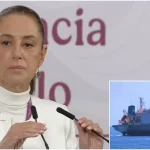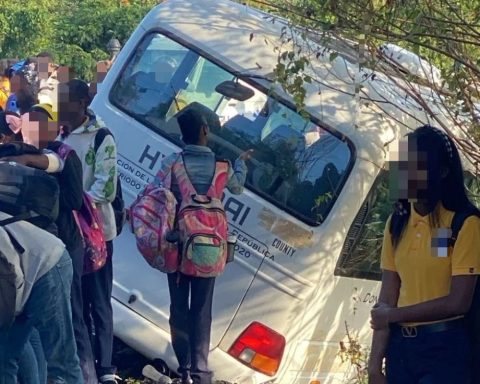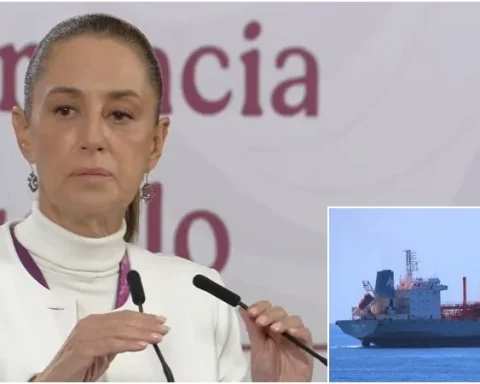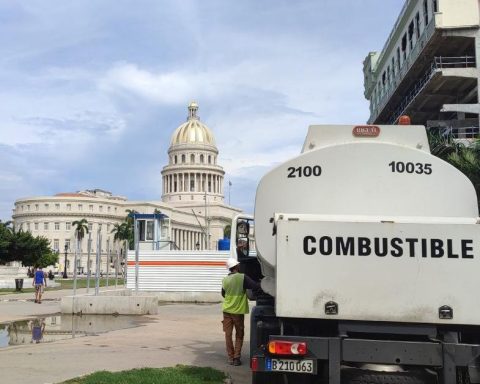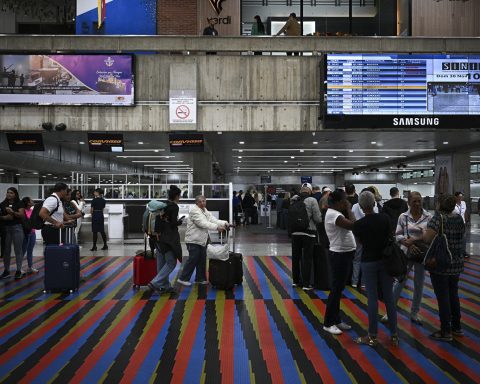June 28, 2023, 4:00 AM
June 28, 2023, 4:00 AM
After learning that there were two extradition requests from the United States against Colonel Maximiliado Dávila, The Vice Minister of Social Defense and Controlled Substances, Jaime Mamani, informed that in his office he does not process any request of this nature.
“We do not have any requirements in our office,” the authority replied after being asked if any extradition request came to his office.
He added that The Public Prosecutor’s Office will announce “if they are pertinent” the investigations for drug trafficking.
The US court accused the former director of the Special Force to Fight Drug Trafficking (Felcn), Maximiliano Dávila, of being part of an international cocaine trafficking network, which left Bolivia and arrived in that country on executive planes, in combination with Mexican cartels.
At the beginning of the administration of Luis Arce, Washington carried out two efforts: He requested the extradition of the former police chief and, on the other hand, put a reward of $5 million for whoever turned him in. Today he is detained in the San Pedro de La Paz jail, but not for drug trafficking but for the alleged crime of legitimizing illegal earnings.
A year and a half after his arrest, the Prosecutor’s Office did not issue a formal accusation. On the subject, Mamani reiterated that the Prosecutor’s Office must give more details about the investigation and its determinations.
The Vice Minister of Internal Affairs and Police, Jhonny Aguilera, consulted by this means, agreed with Mamani in saying: “that is in the hands of the Public Ministry and surely it is making the evaluation on the elements of investigation, evidence that should be concentrating on this process. The judicial activity is not known to me, ”he emphasized.
Bolivia and the US have an extradition agreement. It was signed in 1995, any Bolivian or any American can be transferred without restrictions for the crime of drug trafficking and others, and there is no specific category, as in Colombia, which has rules that prohibit the extradition of citizens of that country to the United States for trafficking.
The Bolivian Police and the anti-drug force are in the crosshairs for drug trafficking cases, especially the recent one case called drug flight, smuggling and stolen cars.
Within the framework of the restitution of that institution, the Minister of Government, Eduardo Del Castillo, announced during the Anniversary of the Police that in the next few days a bill that seeks the institutional strengthening of the Felcn will be presented to the Legislative Assembly.
The legislative proposal proposes the creation of a technical evaluation and selection committee, that will be in charge of the selection processes and constant evaluation of the human talent of the anti-drug personnel.
Another objective establishes the elimination of the inspectorate of this unit, in order to strengthen the General Inspectorate of the Bolivian Police, dgranting it powers to identify, neutralize and dismantle illegal operations within this specialized body.
